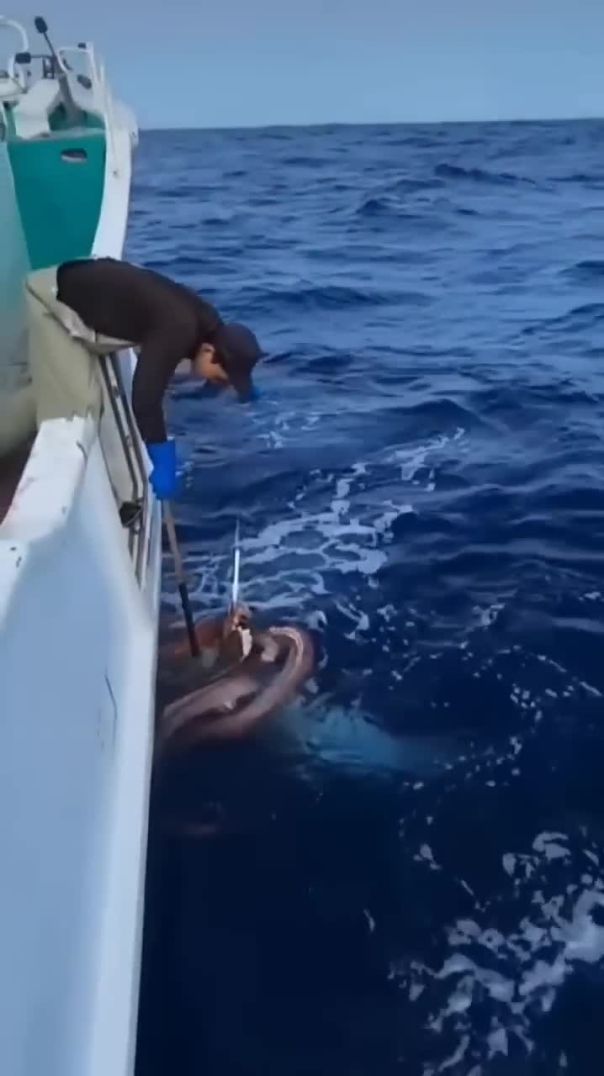New Zealand's geographical proximity and historical ties position it as a key player in Pacific Island affairs. However, its role in the region is often debated. While some argue that New Zealand has a responsibility to lead, others suggest a more collaborative approach. This article delves into how New Zealand can strengthen its influence and partnerships in the Pacific, drawing on data, expert insights, and real-world examples to provide actionable strategies for sustainability consultants and policymakers.
Case Study: New Zealand's Renewable Energy Initiatives in the Pacific
One notable example of New Zealand's engagement in the Pacific is its commitment to renewable energy projects in the region. In 2014, New Zealand pledged $100 million towards renewable energy initiatives in Pacific Island countries. This investment aimed to reduce the islands' dependency on fossil fuels and bolster their energy security.
Problem: Many Pacific Island nations heavily rely on imported diesel for electricity generation, leading to high costs and environmental concerns. The vulnerability of these islands to climate change exacerbates the need for sustainable energy solutions.
Action: New Zealand collaborated with regional partners to implement solar and wind energy projects. For instance, the Cook Islands, Niue, and Tokelau have significantly increased their renewable energy capacity through these initiatives.
Result: By 2020, Tokelau became one of the first territories to achieve 100% renewable electricity. Similarly, the Cook Islands and Niue have increased their renewable energy share, reducing emissions and energy costs.
Takeaway: New Zealand's focus on renewable energy in the Pacific not only supports environmental sustainability but also strengthens regional partnerships. This approach showcases the potential of collaborative efforts in addressing global challenges. New Zealand businesses can take inspiration from this to enhance their sustainability commitments in other sectors.
How It Works: Deep Dive into Regional Collaboration
New Zealand's influence in the Pacific extends beyond renewable energy to areas such as economic development, education, and climate resilience. The country's strategic approach involves:
- Bilateral Agreements: Establishing agreements with Pacific nations to enhance trade and investment opportunities. These agreements focus on mutual benefits, such as tariff reductions and market access.
- Capacity Building: Providing training and resources to build local capacity in areas like governance, health, and education. This empowers Pacific communities to drive their development agendas.
- Climate Change Advocacy: Leading regional discussions on climate change impacts and advocating for global action. New Zealand's expertise in climate science and policy plays a critical role in these efforts.
Pros and Cons of New Zealand's Approach
While New Zealand's efforts in the Pacific yield significant benefits, they also come with challenges.
✅ Pros:
- Enhanced Regional Stability: By supporting economic and environmental sustainability, New Zealand contributes to the overall stability of the Pacific region.
- Increased Influence: Active engagement in Pacific affairs enhances New Zealand's diplomatic influence and strengthens its global standing.
- Mutual Economic Benefits: Trade agreements and investments create opportunities for both New Zealand and Pacific Island economies.
❌ Cons:
- Resource Constraints: New Zealand's capacity to support numerous initiatives may be limited by financial and logistical constraints.
- Cultural Sensitivity: Efforts must be culturally sensitive and align with the priorities of Pacific communities to avoid perceptions of neocolonialism.
- Geopolitical Tensions: New Zealand's involvement may be viewed as competition by other regional powers, complicating diplomatic relations.
Common Myths About New Zealand's Role in Pacific Affairs
- Myth: New Zealand's aid is purely altruistic. Reality: While aid is generous, it is often aligned with strategic interests, such as regional stability and economic partnerships.
- Myth: Pacific Island nations are passive recipients of aid. Reality: These nations actively shape aid agendas and have significant agency in their development trajectories.
- Myth: All Pacific Islands have the same needs and challenges. Reality: Each island has unique cultural, economic, and environmental contexts requiring tailored approaches.
Future Trends and Predictions
Looking ahead, New Zealand's role in Pacific Island affairs is expected to evolve with global trends. According to a 2022 report by the Ministry of Foreign Affairs and Trade (MFAT), climate change will remain a priority, necessitating increased investment in adaptive infrastructure. Moreover, digital connectivity initiatives will gain prominence, fostering economic growth and resilience.
As New Zealand continues to navigate geopolitical shifts, it must balance its commitments with the evolving needs of Pacific communities, ensuring a partnership-based approach that respects sovereignty and cultural diversity.
Final Takeaways
- New Zealand's renewable energy projects in the Pacific demonstrate the power of collaborative sustainability efforts.
- Strategic engagement in Pacific affairs enhances regional stability and economic opportunities.
- Future trends point to a growing focus on climate adaptation and digital connectivity.
What’s your take on New Zealand's role in the Pacific? Share your insights and join the conversation below!
People Also Ask
How does New Zealand influence Pacific Island affairs? New Zealand influences Pacific Island affairs through strategic partnerships, aid, and collaboration on issues like climate change and economic development, enhancing regional stability and mutual growth.
What are the benefits of New Zealand's renewable energy projects in the Pacific? New Zealand's renewable energy projects in the Pacific reduce dependency on fossil fuels, lower energy costs, and contribute to climate resilience, benefiting both the islands and regional partnerships.
Related Search Queries
- New Zealand's role in Pacific Islands
- Pacific Island renewable energy projects
- New Zealand Pacific trade agreements
- Climate change impact on Pacific Islands
- Future of New Zealand-Pacific relations































mittiedesroche
1 month ago